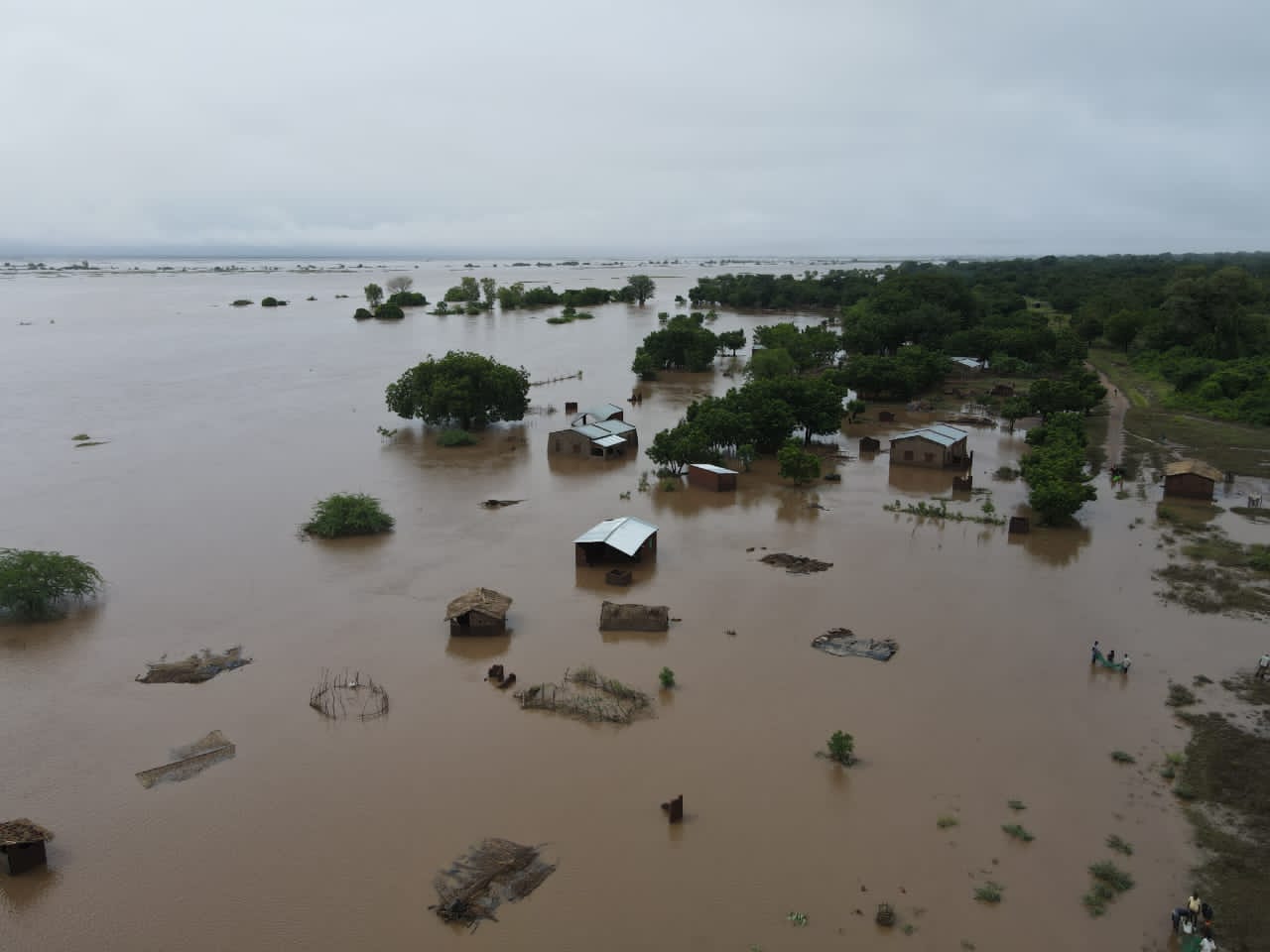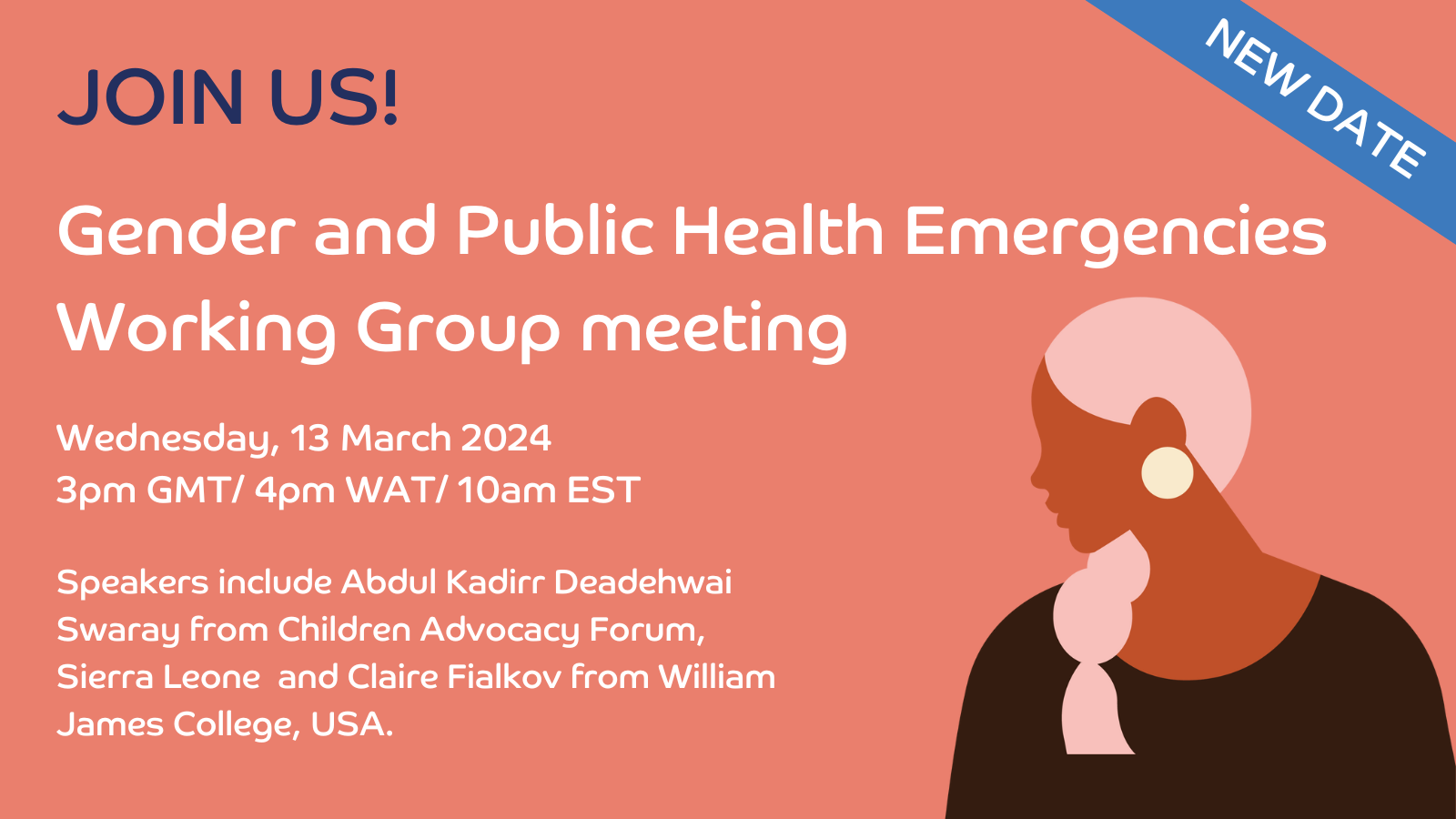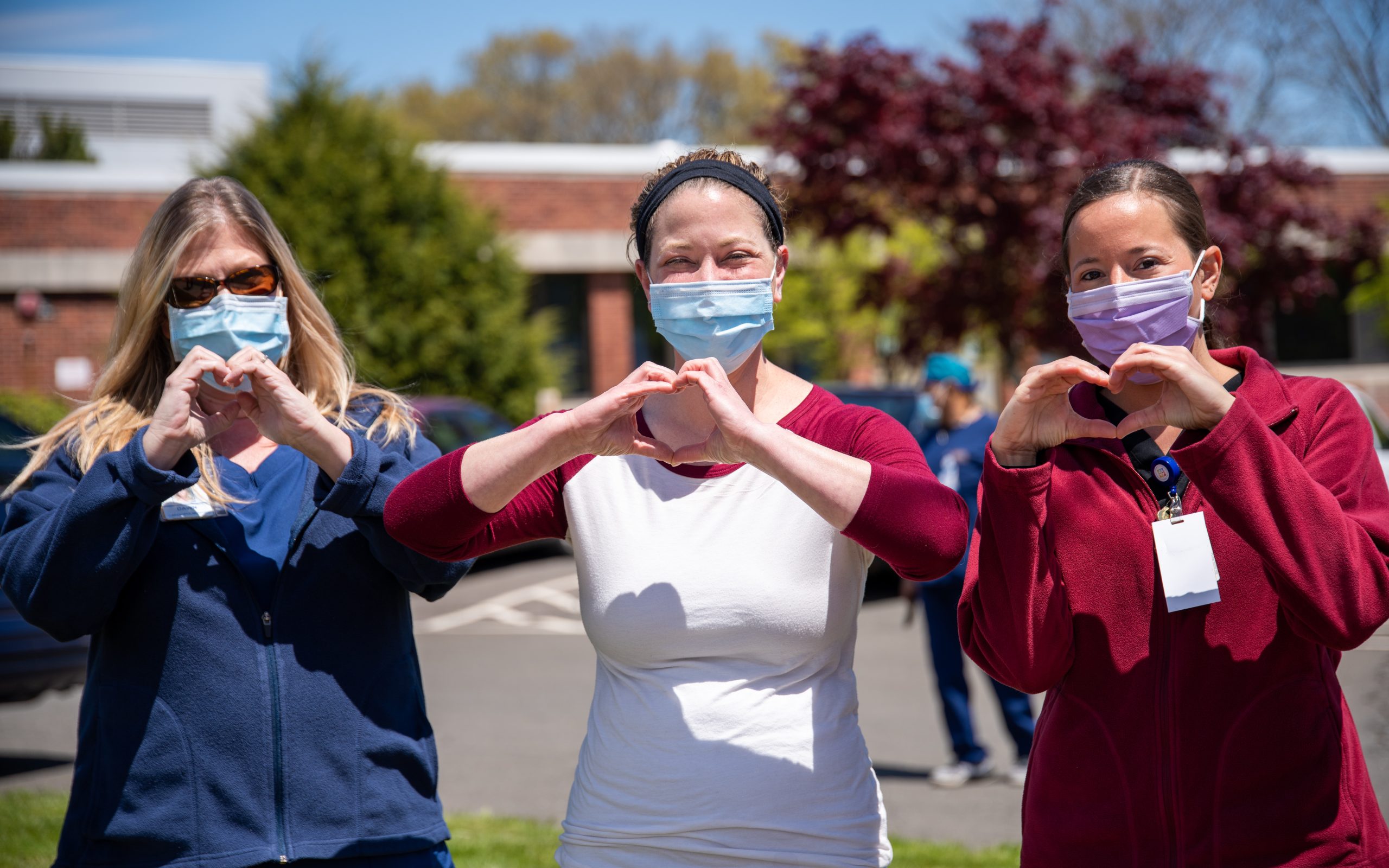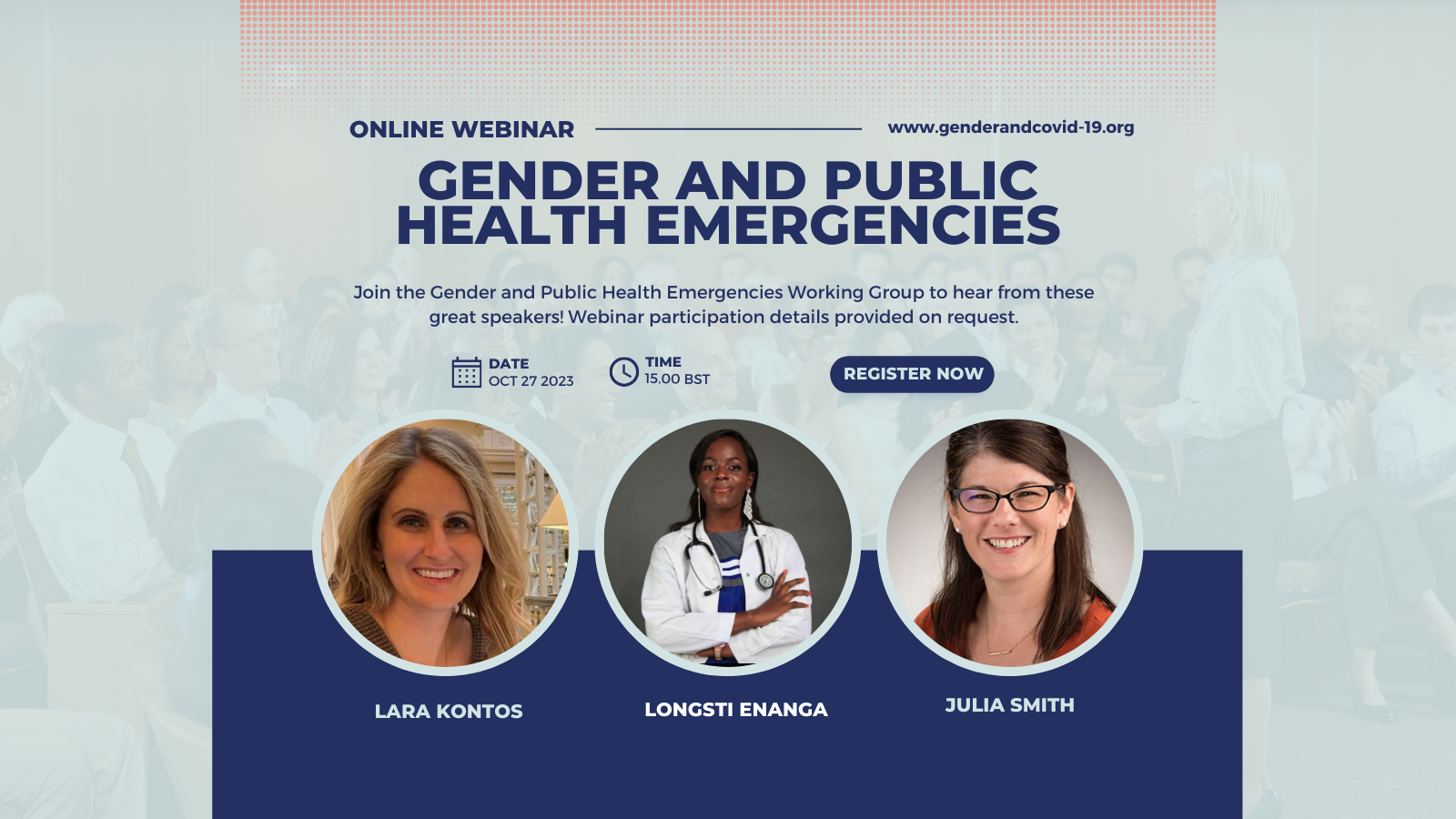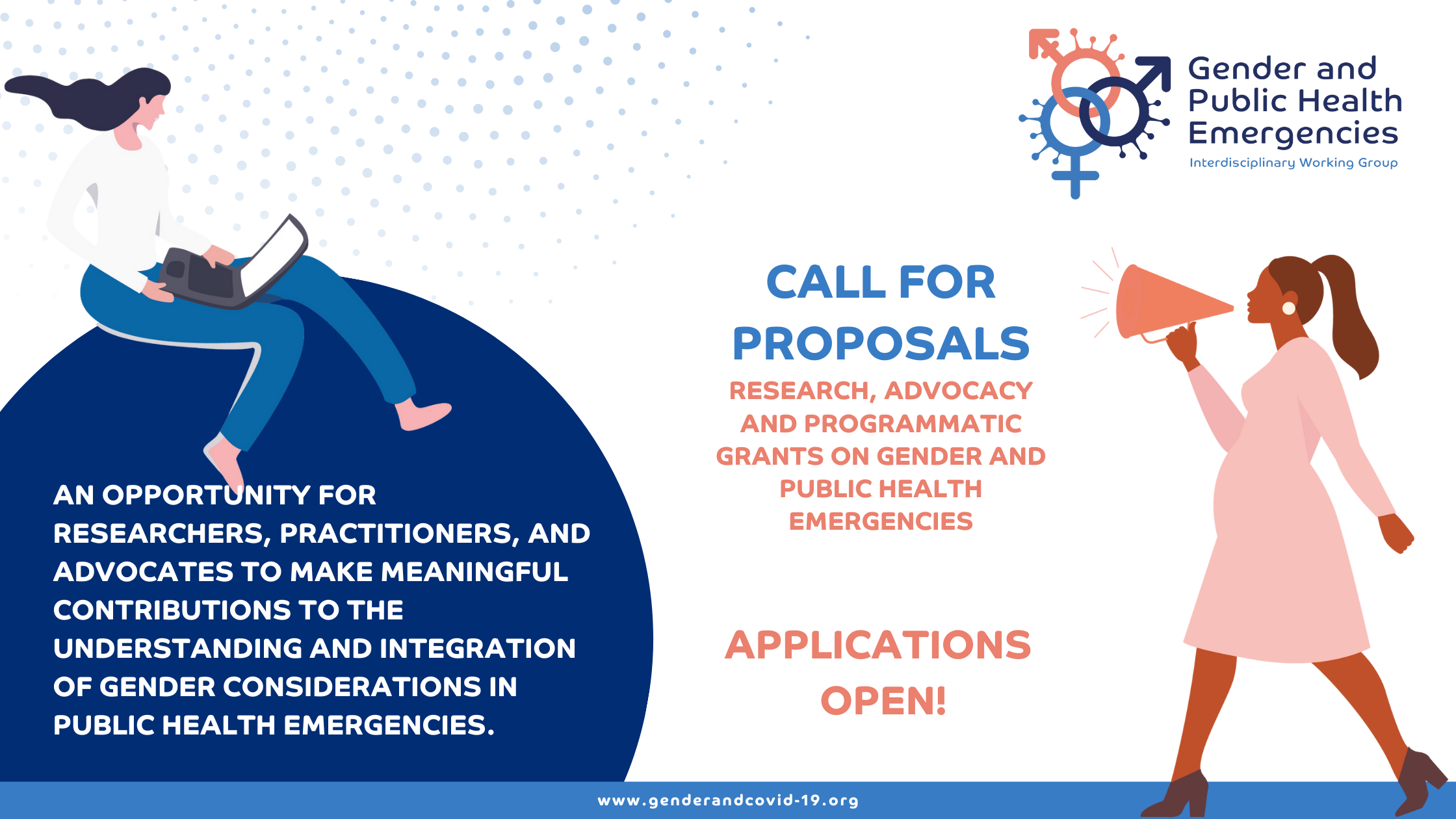On the 28th of May, we celebrate ten years of Menstrual Hygiene Day. It is a time to reflect on the success of the movement, as well as galvanise action for this still largely neglected and under-funded area of sexual and reproductive health, rights and bodily autonomy.
In 2022, the 50th session of the Human Rights Council recognised menstruation as a public health and human rights issue. They urged three actions:
- Acknowledgment of menstruation’s health implications across the reproductive life course
- Ensure access to resources and supportive environments
- Integrate resources to address menstrual health at work.
Failing to address menstrual health has implications for resourcing, as women health workers, particularly in low- to middle-income countries (LMICs), are forced to take time off during menstruation or choose between their dignity and the needs of their patients.
Despite comprising approximately 70% of the healthcare workforce, women’s menstrual health needs have often been side-lined. The COVID-19 pandemic exposed this neglect in policies concerning menstrual health in this workforce. Women health workers responding in tertiary care facilities struggled to manage their menstrual health. Testimonials from numerous healthcare workers struggling to fulfil their duties while menstruating during the pandemic underscored the gravity of the issue. Challenges such as prolonged shifts, inadequate infrastructure and ill-fitting personal protective equipment (PPE) further compounded the difficulties faced by menstruating healthcare workers.
This situation highlights the urgent need for healthcare organisations to actively integrate menstrual health considerations into their outbreak response strategies. Now, in 2024, despite some efforts to tackle the challenges laid bare during the COVID-19 crisis, healthcare workers still grapple with effectively managing their menstrual health.
Barriers to attaining menstrual health for healthcare workers
Women and frontline healthcare workers who menstruate respond to crises daily, yet their essential needs often go unaddressed by healthcare facilities. Distressing examples from the COVID-19 pandemic serve as reminders of persistent barriers in many contexts.
In an article from 2020, the New York Times reported instances of healthcare workers in China resorting to using contraceptive pills and nappies to manage menstruation and prevent leakage into the already scarce PPE. In other countries, such as Uganda and Nepal, healthcare workers faced their own set of challenges. The immense patient load, coupled with the lack of time and proper water, sanitation, and hygiene (WASH) facilities, left these workers struggling to manage their menstrual health. Tragically, these circumstances have even compelled many to resign from their essential roles, further exacerbating healthcare disparities in these regions.
Reshma Ramesh, a doctor from India shares, “Working in a low-middle income country, I often had approximately 20 patients spread across three floors, who required investigations every day. When my period exhaustion resulted in a slight delay, I was often blamed for coming up with excuses to slack off. Every female healthcare worker I know has received this response at some point in her career.”
Investigating the impact of PPE during menstruation, a cross-sectional study in India reported aggravated cramps and headaches, abnormal menstrual cycles, dermatitis due to continuous friction, sweating and dehydration, and exacerbated premenstrual syndrome in health workers who used full PPE during extended periods of time. In 2021, the British Medical Journal highlighted that PPE exhibited “sexist” design biases, as it was initially designed for the male body, and not many changes have been made since. Not only does it fail to fit the female figure properly, leaving many without adequate protection against infections, but it also lacks features allowing for efficient menstrual product changes without wasting limited PPE.
A UNICEF report (2023) exposed that globally one in five healthcare facilities lack adequate WASH facilities. This impacts the ability of healthcare workers who menstruate to attain their menstrual health because they will not have access to safe and discreet spaces to change, dispose of or clean products. This means that 20% of healthcare facilities are not set up to suit the most basic needs of the majority of the healthcare workforce.
On top of the structural issues, one of the main challenges that healthcare workers face is finding the time to change their products when trying to attend to patient needs.
“While working in busy units as a nurse, I find that attending to my own basic needs such as changing my tampons become almost impossible, due to the high demand in patient care needs and lack of staff. I have experienced bleeding through my tampons into my work trousers on shift due to lack of time to go to the toilet. It feels like to have time to do this, you are in turn compromising patient care that needs to be met at that moment.” Laura Youngson, a nurse from Scotland.
Furthermore, a recent meta-analysis on rotating shift workers and menstruation reported a higher likelihood and increased risk of developing dysmenorrhea, menstrual disorders and early menopause in healthcare workers who worked erratic shift patterns outside of regular hours. These challenges and health risks underscore the urgent need for systemic changes to prioritise and safeguard menstrual health for those who provide care.
Policies on menstrual health
Howe et al., (2023) investigated menstrual policies that support women in the workspace, and found that most UK and EU countries had clear policies surrounding menopause but lack policies regarding menstruation or menstrual illnesses. However some important policy steps have been made in the right direction. Following the lead of Japan, China, Zambia and others, Spain recently passed a law allowing women to take paid menstrual leave, making it the first European country to do so. Scotland’s Period Product Act came to action in 2022 ensuring adequate access to period products in public places in an effort to combat period poverty. India’s Menstrual Hygiene Policy is implementing comprehensive initiatives to address menstrual hygiene management (MHM), including awareness campaigns, educational sessions, distribution of menstrual pads and provision of separate toilets.
Although these are all welcome steps forward there is one key aspect that is not being addressed. Healthcare workers do need adequate WASH facilities, fit for purpose PPE and the time to manage their menstrual health. But they also need to be able to do so in environments that are free from menstrual stigma and shame.
“Although I worked in a clinical environment surrounded by colleagues who were educated on menstrual hygiene and care, the topic of menstruation was a big taboo. I remember when a coworker had to call in sick due to severe cramps and she was harshly judged by both my male and female coworkers. This was an added stressor, as female nurses we had to make sure that we weren’t being too loud with our periods and our performance remained ideal despite our health needs.” Nour Toukan, a nurse from Lebanon.
Studies have found that policies have failed to dismantle the stigma surrounding menstrual health, especially those surrounding menstrual leave. Although the global recognition of the benefits of menstrual leave is increasing, many women are still hesitant about utilising this leave due to fear of being judged, embarrassed or even looked down upon in the workplace. While menstrual health policies are critical in all workplaces, it’s imperative to actively dismantle the stigma surrounding menstrual health alongside these policy changes. This ensures that all workers, especially those in clinical settings, can prioritise their well-being without fear of judgement or discrimination.
Moving from policy to action!
Worldwide, grassroots organisations are leading the menstrual health revolution. It is evident that this revolution is not titrating down to all workplaces, especially clinical settings.
Many healthcare workers still experience poor menstrual health due to stigma, lack of WASH facilities and workload pressures. Several countries have developed menstrual health and leave policies to protect workers at the time of menstruation. Despite the implementation of policies within some countries, documented experiences demonstrate that the challenges and stigma surrounding menstrual leave still exist worldwide, with healthcare workers experiencing shame and embarrassment, ultimately causing them to leave the workforce. Viewing this from a healthcare system perspective, this can lead to shortage of healthcare workers in especially in LMICs, and consequently more burnout in those who remain.
Going forward, there is a critical need for more research and gender responsive workplace policies in clinical settings that address the needs and experience of healthcare workers who menstruate. This includes campaigns that offer education, normalisation and building empathy around menstrual needs in a bid to destigmatise menstrual health in healthcare settings. To prevent the recurrence of the ordeals faced during the pandemic by healthcare workers who menstruate, it is imperative that these policies be drawn from their lived experiences.
Healthcare settings must have access to adequate WASH facilities so that products can be changed and cleaned in a timely and dignified manner. Healthcare workers who menstruate deserve PPE that is created with their needs in mind. They also need the time to manage their menstruation without shame or fear of reprimand. Lastly there should be information on menstrual health (and related disorders) across the life course in all health facilities, so that menstruation, peri-menopause and menopause in the health workforce are acknowledged and catered for in the clinical setting workplace.
Healthcare workers that menstruate must have their basic needs met in order to deliver care. Supporting their menstrual health is central to their equality, rights and dignity in the workplace. Upholding the rights and needs of the majority of the workforce, by creating policies, providing education and destigmatising menstrual health, will enable health workers who menstruate to provide the best quality of care. Implementing these policies will ensure health settings are better prepared for the next health crisis, so no woman and people who menstruate will be able to attain their menstrual health whilst responding to crisis.
About Menstrual Rights Global
Menstrual Rights Global, formerly Pandemic Periods, advocates for the right to thrive, from menarche to menopause. Our volunteers span 40 countries, all working together to drive advocacy and research initiatives that generate evidence to influence global and domestic sexual and reproductive health, rights, and bodily autonomy policy.
Authors
Laura Youngson, Healthcare Worker Lead, Menstrual Rights Global, and Nurse, Scotland
Reshma Ramesh, Policy Analyst, Menstrual Rights Global, and Doctor, India
Nour Toukan, Researcher, Menstrual Rights Global, and Nurse, Lebanon
Bilkisu Ibrahim, Researcher, Menstrual Rights Global, Nigeria
Ana Gutierrez, Communications Lead, International Confederation of Midwives, Spain
Dr Jennifer S. Martin, CEO, Menstrual Rights Global, Scotland

